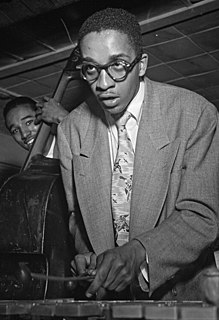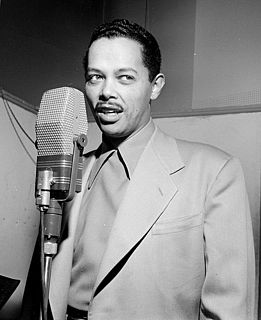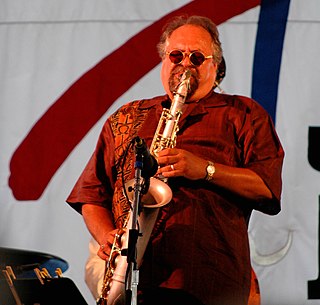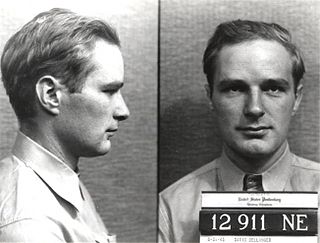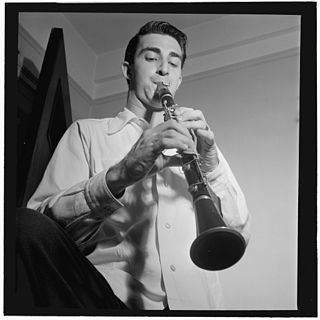A Quote by Milt Jackson
Dizzy, Duke and Charlie Parker were the greatest jazz legends of all time.
Related Quotes
Bop began with Jazz but one afternoon somewhere on a sidewalk maybe 1939, 1940, Dizzy Gillespie or Charlie Parker or Thelonious Monk was walking past a men's clothing store on 42nd Street or South Main in L.A. and from a loudspeaker they suddenly heard a wild impossible mistake in jazz that could only have been heard inside their own imaginary head, and that is a new art. Bop.
[Charlie "Bird" Parker] would sit down and ask [Phil Wood], "What do you think about this whole secondary Viennese school with Schoenberg, Berg and Webern? Are you listening to that music and what do you feel about it?" These were the conversations that he was having. And he also said, what he learned from Charlie Parker was, not that he studied with him in the formal sense, is that the first thing that Charlie Parker would always ask was, "Did you eat today?".
In those days before hearing Charlie Parker and Dizzy, and before learning of the so-called bebop era--by the way, I have some thoughts about that word, "bebop"--my first jazz hero ever, jazz improvisor hero, was Lester Young. I was a big "Lester Young-oholic," and all of my buddies were Lester Young-oholics. We'd get together and dissect, analyze, discuss, and listen to Lester Young's solos for hours and hours and hours. He was our god.
I listened to classical music. I listened to jazz. I listened to everything. And I started becoming interested in the sounds of jazz. And I went to a concert of Jazz at the Philharmonic when we lived in Omaha, Nebraska, and I saw Charlie Parker play and Billie Holiday sing and Lester Young play, and that did it. I said, 'That's what I want to do.'
